Anyone familiar with heat styling, bleaching or treating their hair with relaxers or perms, knows that chemical damage is an unfortunate, but unavoidable side effect. And anyone who has been doing these things long enough, has likely dealt with over processed hair. Over processing happens as a result of the excessive use of chemicals and/or heat. It causes the hair shaft to become dry, brittle, frizzy and porous. Over processed hair is hard to style and maintain. It can’t retain moisture, shine or elasticity, and ultimately leads to split ends and breakage. If you’re in the throes of over processing, you need a targeted hair care routine to repair and rejuvenate those locks and we’re here to help. Just ahead, we’ll break down how to fix over processed hair, including the best product picks and tips for your damaged hair.

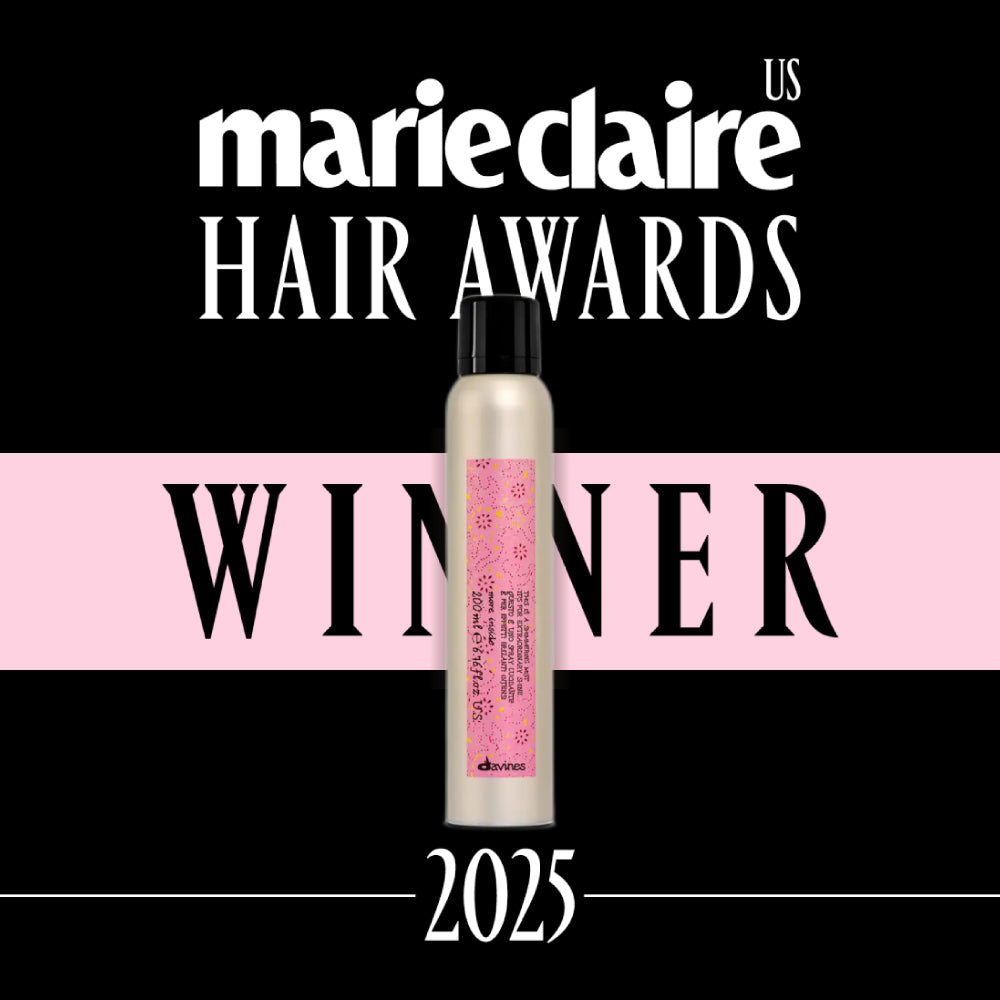

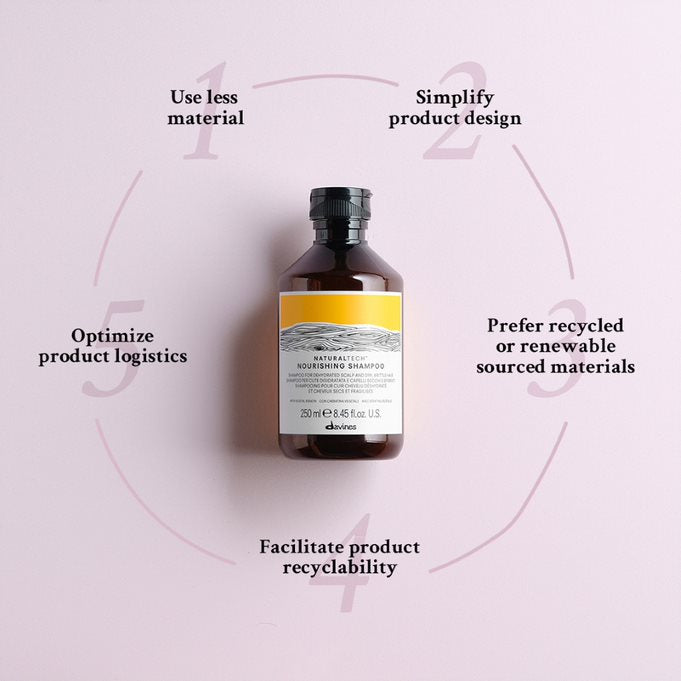
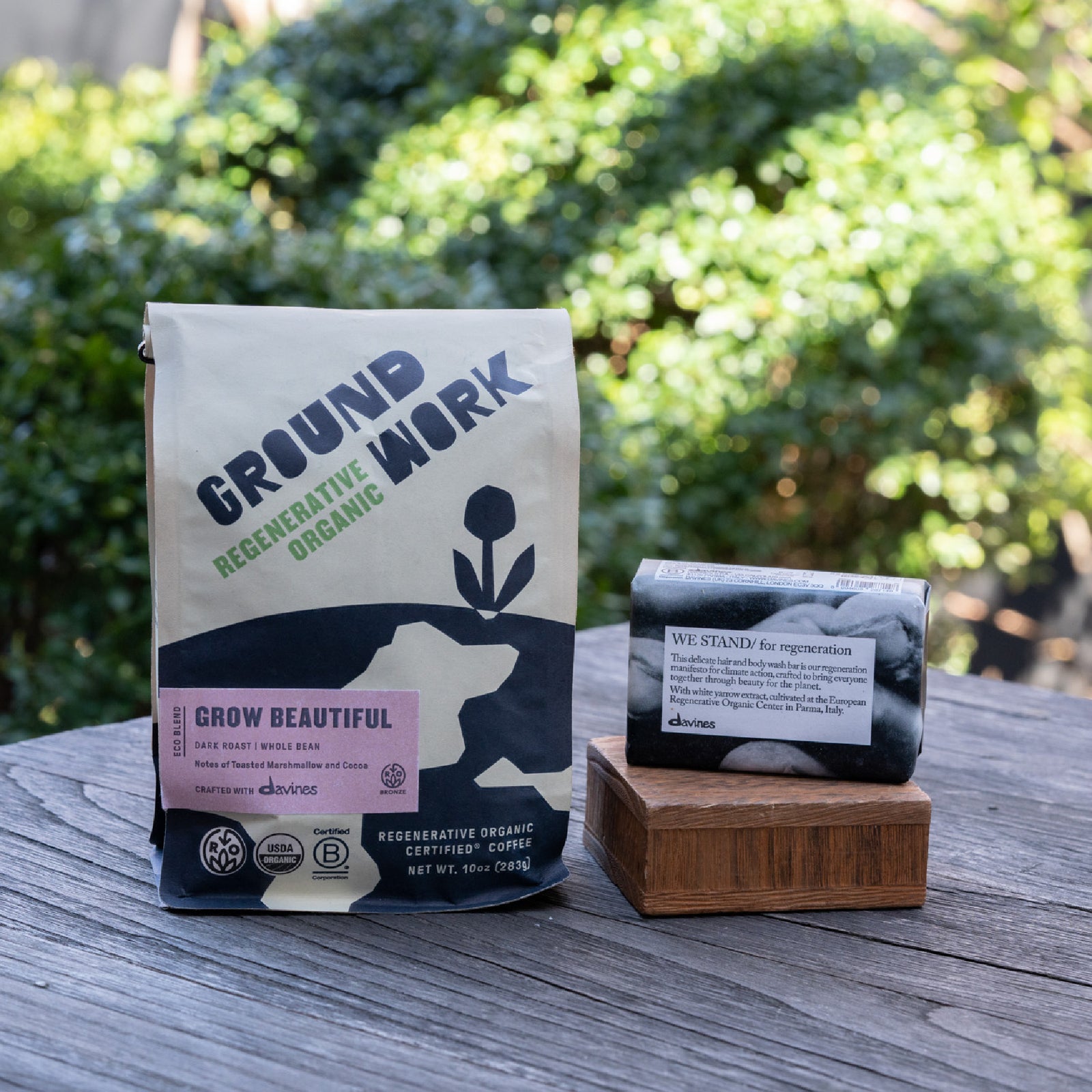
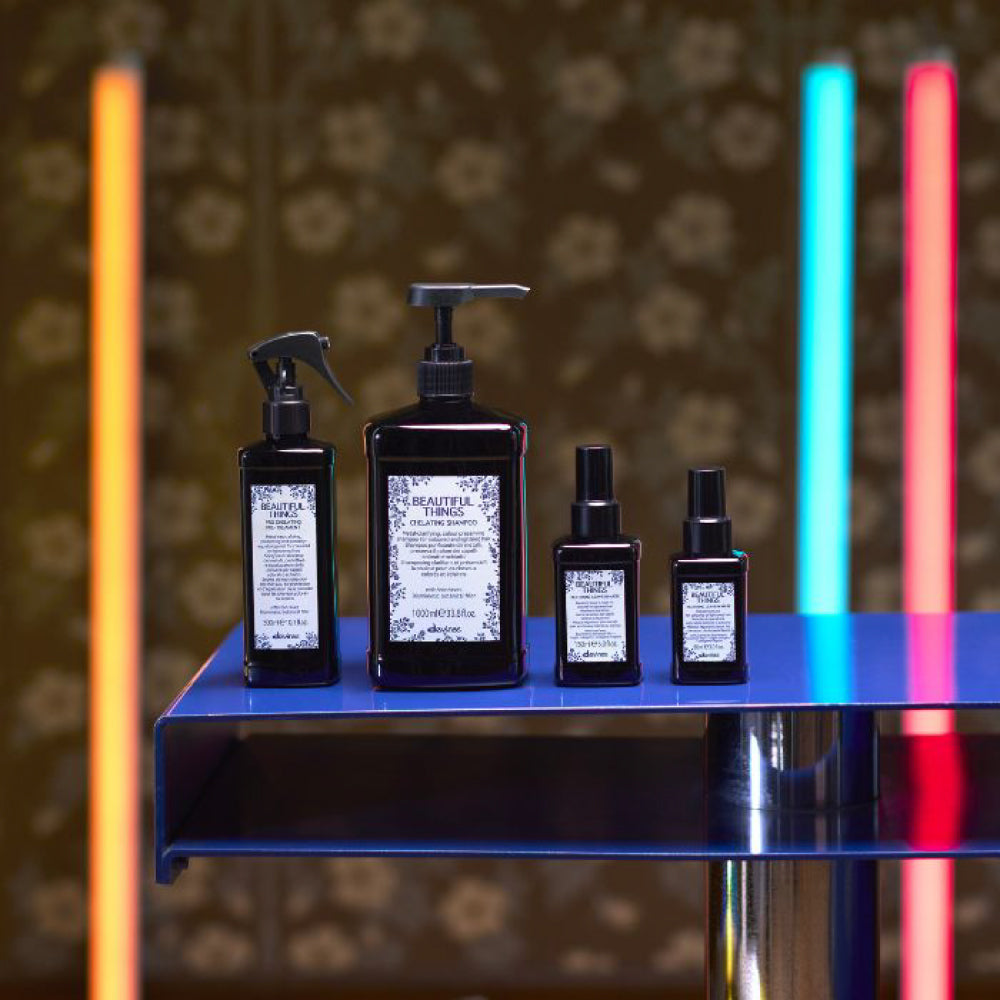

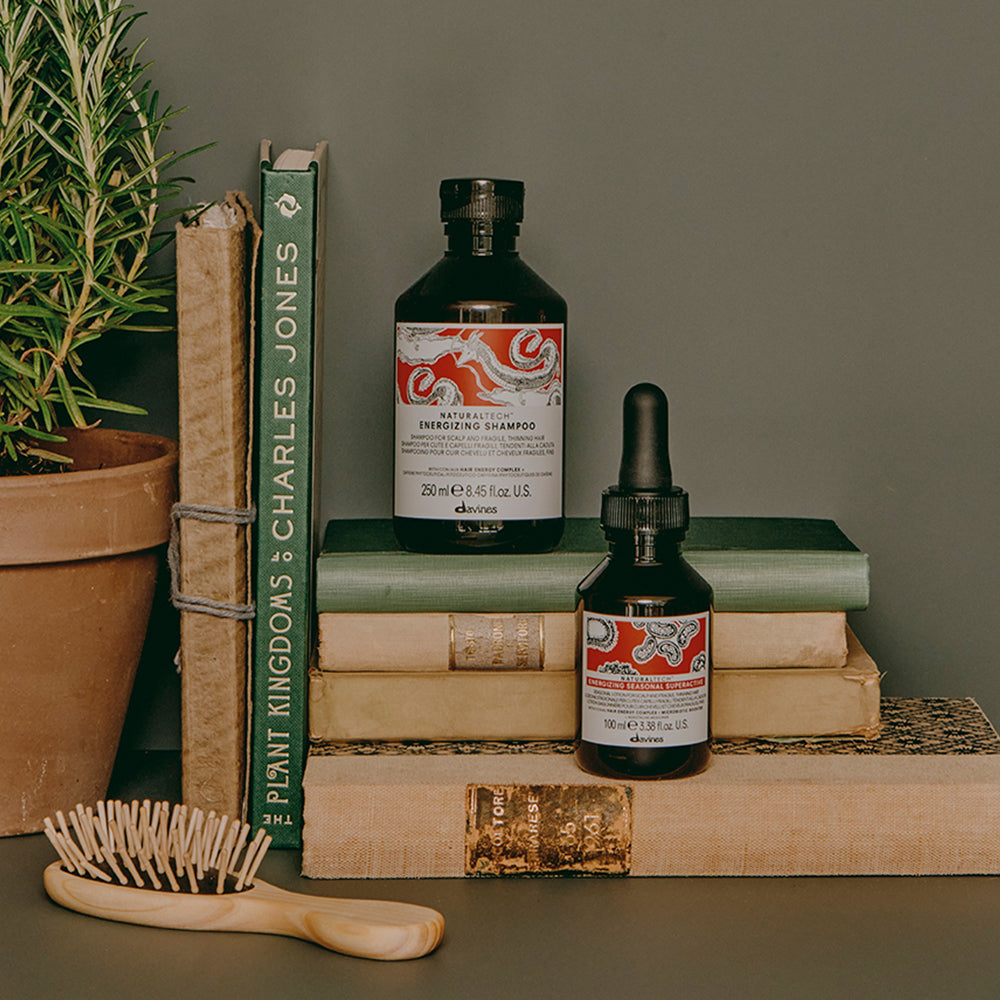
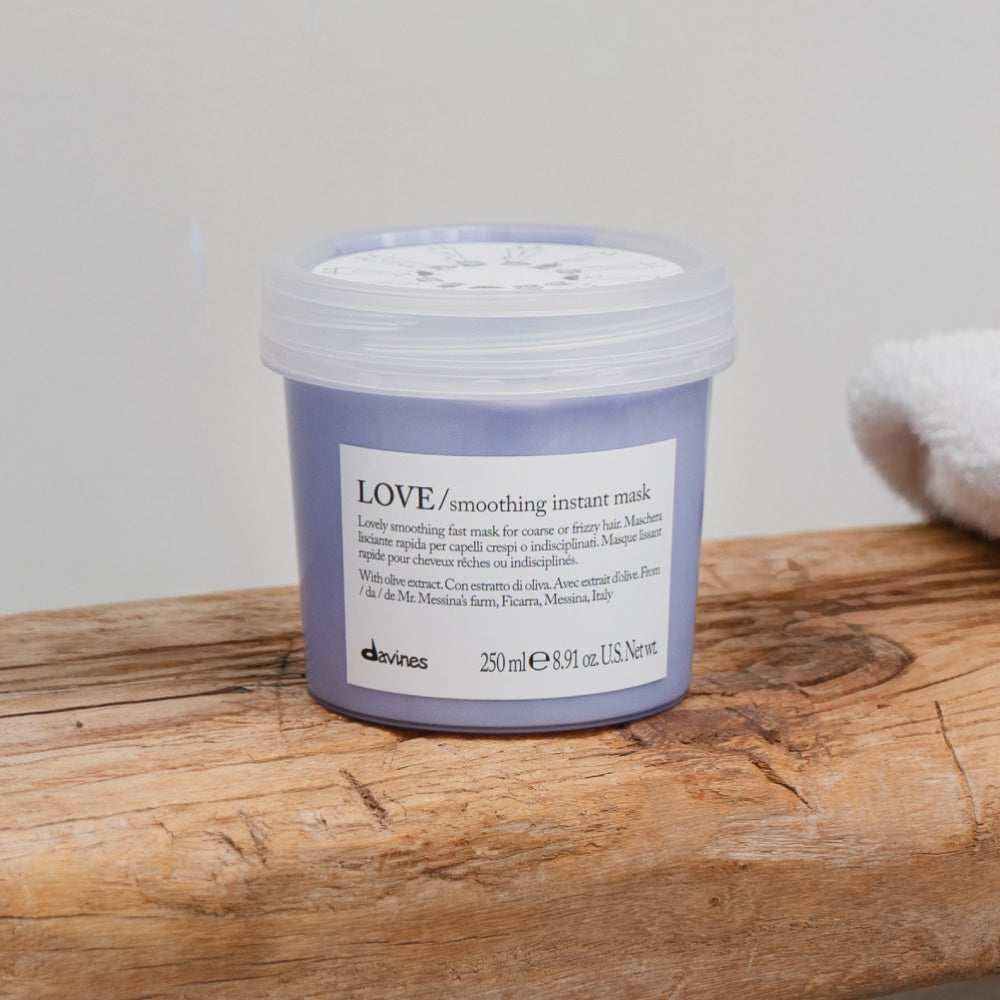




Leave a comment
Comments will be approved before showing up.